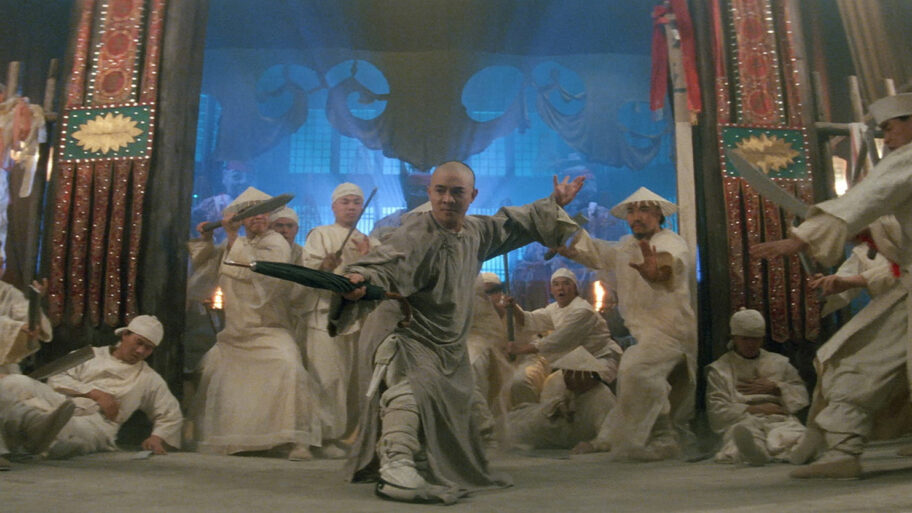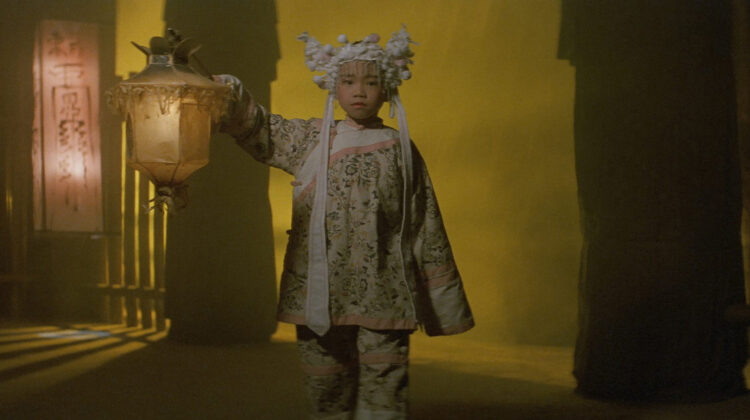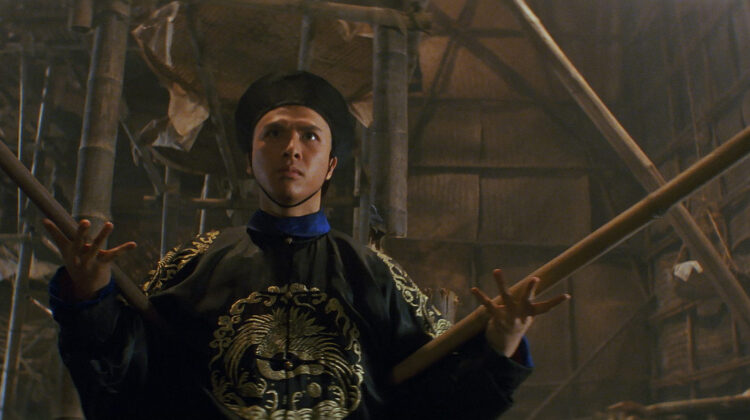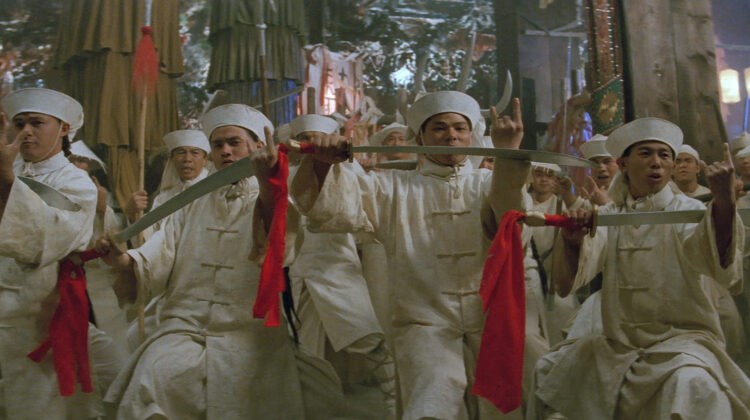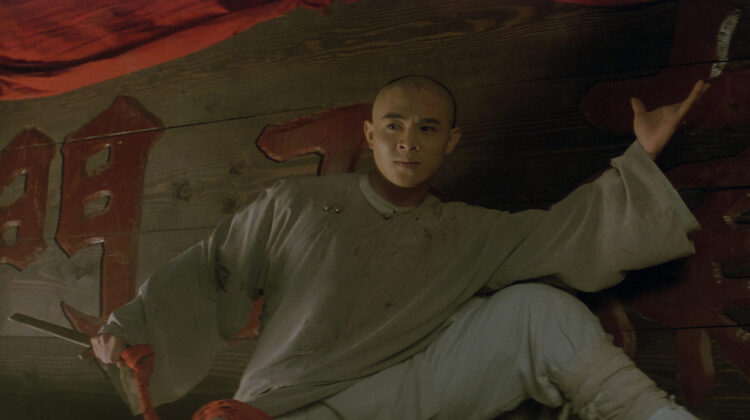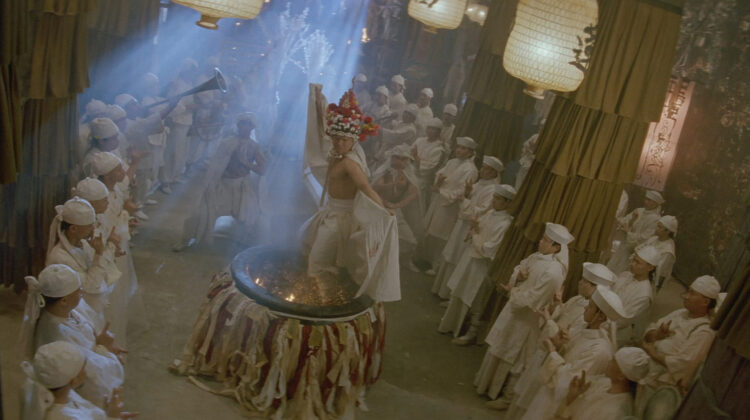Tsui Hark: Everything Is Unreal
- Once Upon a Time in China II
- 黄飞鸿之二男儿当自强
- Hong Kong1992
- Tsui Hark
- 112 DCP
- PG
- Tsui Hark: Everything Is Unreal
Screening Dates
- July 24, 2025 7:00
“One of the year’s most exhilarating entertainments … [Riffs] on East-West relations, but choreographer Yuen Woo-ping’s action set-pieces are its true raison d’être.”
Tony Rayns, Time Out
It’s possible to see Once Upon a Time in China II as merely the continuing adventures of Wong Fei-hung (Jet Li), made in the successful wake of Tsui Hark’s iconic first entry. But despite—or perhaps because of—the fact the film was produced in only two months, it’s possessed by an energetic decisiveness possible only within the lightning-in-a-bottle Hong Kong film industry of the 1990s. The plot, which travels by train to Canton, involves the reactionary White Lotus cult, the medical acumen of Sun Yat-sen (Zhang Tielin), and a foil to Wong in military commander Nap-lan (Donnie Yen). The acrobatic action is choreographed at the level of dance and destruction; one training scene between Wong and Thirteenth Aunt (Rosamund Kwan) is abstracted into fantastic shadows. Arthur Wong, who previously worked with Lau Kar-leung, returns as cinematographer, while Richard Yuen (The Bride With White Hair) amplifies the action with a nimble, varied score.
In Cantonese and English with English subtitles
“The first and best sequel … More concentrated and svelte than its precursor [with] the benefit of fights staged by master Yuen Woo-ping.” J. Hoberman, Village Voice
Join us after the screening for a special conversation between Richard Yuen, legendary composer of Once Upon a Time in China II, and Dr. Melissa Karmen Lee, CEO of the Chinese Canadian Museum. Yuen will share behind-the-scenes insights into the creation of the film’s iconic score—how he wove together sweeping orchestration and traditional kung fu musical elements to heighten both the emotional depth and action of the film. A key figure in shaping the sound of Hong Kong cinema’s golden age, Yuen helped define the operatic and emotionally charged tone of the wuxia genre. Don’t miss this rare chance to hear from the maestro himself.
This screening is co-presented with the Chinese Canadian Museum in conjunction with its exhibition Dream Factory: Cantopop Mandopop 1980s–2000.

